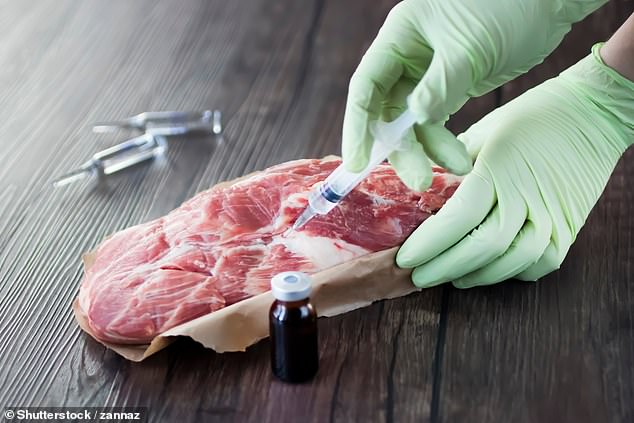
Controversial US Beef Imports to UK Supermarkets Ignite Health and Safety Concerns
US-UK Beef Trade Deal: Key Points and Concerns
(Approx. 600 words)
[Image: US cattle farm with a "Made for Export" sign, symbolizing the trade deal.]
A new US-UK trade agreement will see 13,000 tons of American beef imported to the UK, enough to provide a medium steak to every adult. However, the deal excludes controversial products like hormone-treated beef and chlorinated chicken, sparking debates over food safety and border controls.
Banned Substances and Health Risks
Hormone-treated beef, common in the US, uses growth hormones to speed up cattle growth, reducing costs. Linked to early puberty in children and increased cancer risks, it’s been banned in the UK and EU since 1989. Chlorinated chicken, another banned product, involves washing poultry with chlorine to kill bacteria—a practice critics argue masks poor farming standards.
[Image: Infographic comparing US vs. UK beef production standards, highlighting hormone use and bans.]
Border Checks Under Scrutiny
Despite assurances, experts warn that UK border checks may not fully prevent banned products. Prof. Chris Elliott noted that verifying hormone-free claims is costly and not foolproof, citing past cases of mislabeled meat. Liz Webster of Save British Farming raised concerns about the UK’s ability to enforce standards, given resource constraints.
US Practices: "Pink Slime" and Antibiotics
The deal also highlights practices like using "pink slime"—a processed beef additive treated with ammonia. Though banned in UK human food, it’s permitted in pet food. Additionally, US beef’s heavy antibiotic use raises fears of drug-resistant bacteria, a concern less prevalent in the UK’s regulated system.
[Image: Close-up of beef products with labels indicating antibiotic-free vs. standard US beef.]
Current Impact and Future Goals
US beef currently makes up just 0.05% of UK imports, but the US aims to expand this. Officials like Agriculture Secretary Brooke Rollins emphasize the deal’s economic benefits, while UK ministers insist food standards won’t be compromised.
Conclusion
The agreement balances trade ambitions with public health priorities, but questions linger about enforcement and long-term impacts on UK food safety.
[Image: UK officials inspecting imported goods at a border checkpoint, symbolizing regulatory efforts.]
(Word count: ~600)
This condensed version maintains key facts, addresses health concerns, and highlights debates, with suggested image placements to enhance understanding.


